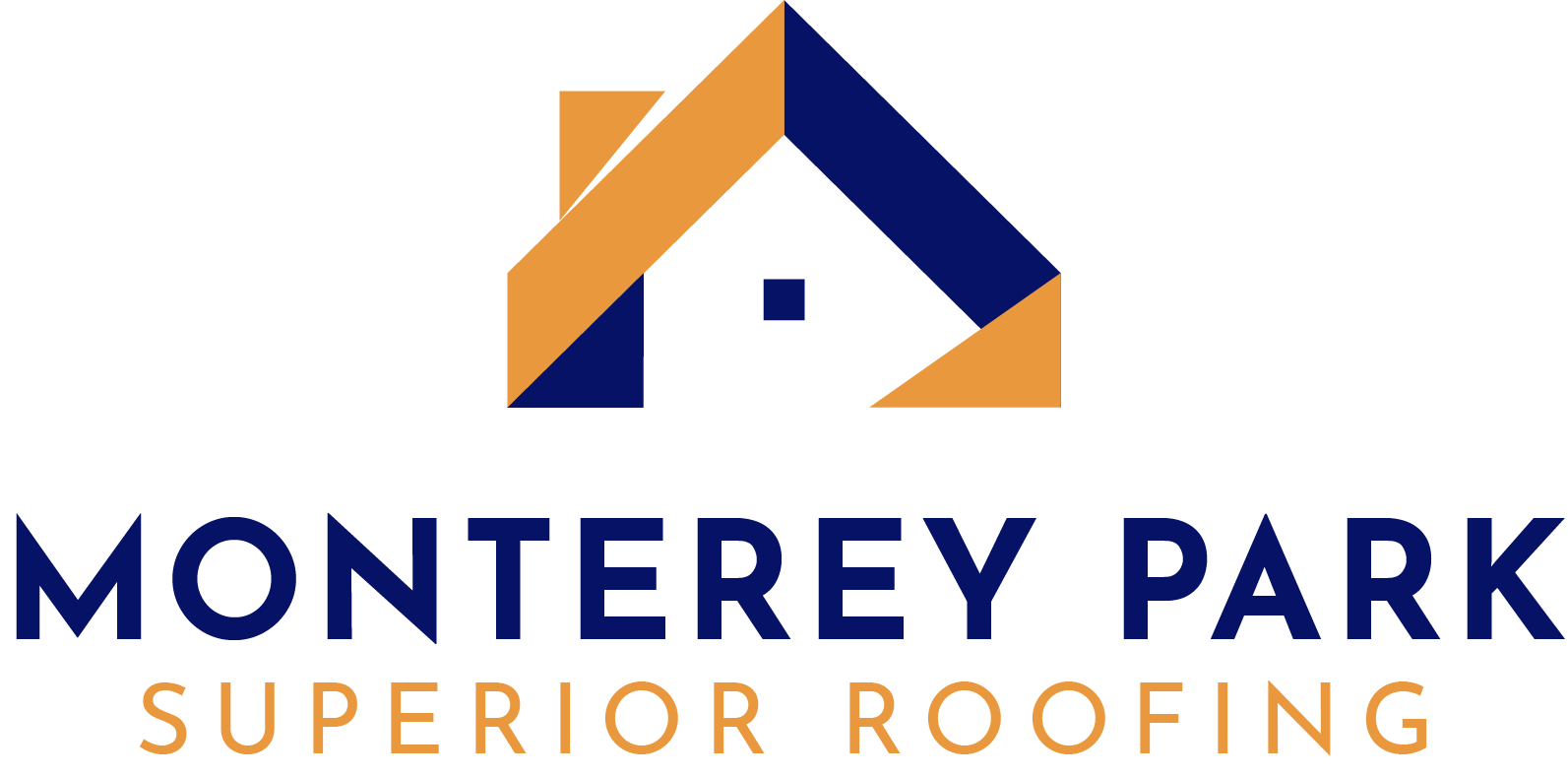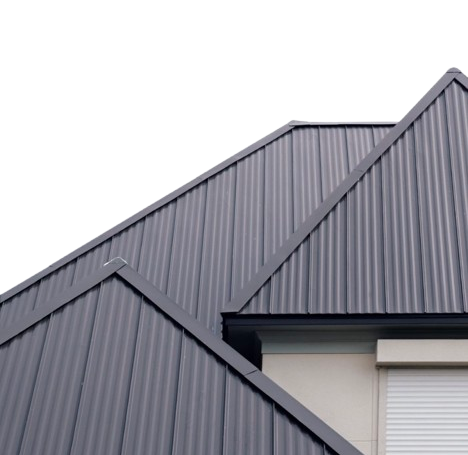Impact-Resistant Roofing Installation Services in Monterey Park, CA
At Monterey Park Superior Roofing, we specialize in impact-resistant roofing installation designed to protect your property from severe weather damage, hail strikes, and wind-driven debris. Serving both commercial and residential clients, we bring proven experience with premium materials including Class 4 impact-rated shingles, UL 2218 certified products, GAF ArmorShield II, and IKO Nordic systems. Our comprehensive services include SBS modified asphalt shingles, rubber-reinforced asphalt technology, impact-resistant metal roofing, hail-rated tile systems, and multi-layer laminated construction that provide superior protection with enhanced granule adhesion and algae-resistant coatings to every project.
Our impact-resistant roofing solutions are engineered to withstand hail impacts up to 2 inches, uplift from high winds, and other harsh conditions using fiberglass mat reinforcement, polymer-modified asphalt, interlocking shingle design, and heavy-duty fastening systems, minimizing insurance claims, reducing repair costs, and extending the life of your roof with 50-year limited warranties. We understand the unique needs of businesses and homeowners in Monterey Park, ensuring each installation meets California Title 24 requirements, fire-rated classifications, and manufacturer specifications. Choosing us means working with a reputable company committed to durability using impact-tested materials and customer satisfaction. Whether it's a large commercial building requiring standing seam metal panels or a residential home, our team handles every job with precision and care.
Choosing the Right Impact-Resistant Roofing Materials
Selecting the appropriate materials requires understanding their performance, appearance, and environmental impact. We focus on options that offer durability, match design preferences, and promote sustainability. This ensures your roof is both practical and visually fitting.
Available Options and Performance Ratings
We offer various impact-resistant roofing materials, each tested for durability by standards such as UL 2218. Materials include metal roofing, fiber cement, impact-resistant asphalt shingles, and synthetic slate.
Metal roofing scores highest in impact resistance, often rated Class 4. Impact-resistant asphalt shingles also meet Class 4, balancing protection with affordability. Fiber cement provides strong resistance but varies by brand and installation quality.
Performance ratings guide us in recommending materials that withstand hail, debris, and extreme weather. We prioritize options that maintain integrity over time with minimal maintenance.
Aesthetic and Design Choices
Our material choices accommodate a wide range of architectural styles. Metal roofing offers sleek, modern looks with colors like graphite, bronze, and slate gray.
Impact-resistant asphalt shingles come in varied granule colors and textures, replicating wood or slate while ensuring durability. Fiber cement and synthetic slate appeal to clients seeking classic or upscale appearances without sacrificing resilience.
We adapt designs to complement your building’s style, factoring in neighborhood aesthetics and personal preference. This ensures your roof enhances curb appeal as much as it provides protection.
Eco-Friendly Roofing Solutions
We include eco-conscious materials like recycled metal and cool roofing shingles that reflect sunlight, reducing heat absorption. These choices contribute to energy savings and lower utility bills.
Some fiber cement products contain sustainable ingredients and have long service lives, minimizing replacement waste. We also advise on proper disposal and recycling of old roofing to reduce environmental impact.
Integrating eco-friendly options keeps your roofing project aligned with environmental goals without compromising durability or design.
Our Impact-Resistant Roofing Installation Process
Initial Consultation and Roofing Assessment
We begin by evaluating the specific needs of your building. This includes inspecting the existing roof structure, identifying vulnerabilities, and considering local weather patterns.
During this stage, we assess structural integrity and measure dimensions accurately. We also discuss your requirements and expectations to tailor the solution.
Our team documents any damage and notes areas needing reinforcement. This base data guides the installation plan to ensure maximum impact resistance and compliance with city codes.
Material Selection and Sourcing
We select materials certified for impact resistance, often meeting or exceeding industry standards like UL 2218 Class 4 ratings.
Our suppliers provide proven options such as metal, composite, or specially treated asphalt shingles. Each option is evaluated for lifespan, maintenance, and cost-effectiveness.
We procure materials directly from trusted manufacturers to maintain authenticity and warranty eligibility. This approach supports consistent quality and reduces installation delays.
Professional Installation Techniques
Our installation method starts with preparing the roof deck for optimal adhesion and structural support.
We use precise fastening techniques to prevent wind uplift and increase shingle stability. Flashings and underlayments are installed to enhance water resistance and overall durability.
The entire process follows manufacturer guidelines closely. Experienced installers work methodically to ensure seamless integration with existing roofing elements.
Quality Assurance and Final Inspection
After installation, we conduct a comprehensive inspection to verify all components meet impact resistance requirements and proper installation standards.
We check for secure fastenings, proper alignment, and absence of defects. Any issues found are addressed immediately to maintain roof integrity.
Additionally, we provide documentation, including certification forms, which can assist with insurance premium discounts for impact-resistant roofing. This final step ensures complete client satisfaction and compliance.
Why Choose Monterey Park Superior Roofing for Impact-Resistant Roofing Installation
Our team combines extensive training, deep local knowledge, and a strong focus on customer needs. We ensure every roofing project meets high standards of durability and safety, backed by solid warranties and certified experience.
Certified and Experienced Roofing Team
We hold the Master Elite Contractor status, earned through 28 years of consistent roofing excellence. Our C‑39 Roofing Contractor License ensures compliance with California roofing regulations. Every team member is trained in the latest installation techniques for impact-resistant roofing materials. We carry comprehensive general liability insurance with $5M+ umbrella coverage and workers’ compensation to protect clients and workers.
Local Monterey Park Knowledge
We know Monterey Park’s climate, building codes, and common roofing challenges. This local expertise helps us recommend the best impact-resistant materials suited to withstand seasonal weather patterns. Understanding local regulations allows us to streamline permits and inspections, reducing construction delays.
Customer-Centric Service Approach
From project start to finish, we prioritize clear communication and respect for your property. We provide detailed estimates and explain options so you can make informed decisions without pressure. We schedule work for minimal disruption, adhering to agreed timelines and maintaining a clean site daily.
FAQs About Impact-Resistant Roofing Installation
How much does impact-resistant roofing cost?
Impact-resistant roofing costs typically range from $5.50 to $12 per square foot installed, with total costs between $11,000 and $24,000 for an average 2,000 square foot home. Class 4 impact-resistant asphalt shingles cost $5.50 to $8 per square foot, while impact-resistant metal roofing ranges from $8 to $14 per square foot. Impact-resistant tile costs $10 to $18 per square foot. Factors affecting price include material type, roof complexity, and existing roof removal. Higher upfront costs are often offset by insurance premium discounts of 10 to 35 percent.
What is impact-resistant roofing?
Impact-resistant roofing is a roofing system designed and tested to withstand damage from hail, falling branches, and windborne debris. These roofs use specially engineered materials including reinforced asphalt shingles with rubberized asphalt or polymer-modified components, metal roofing with protective coatings, or high-impact concrete and clay tiles. Impact-resistant roofing is rated using the UL 2218 classification system from Class 1 to Class 4, with Class 4 offering the highest protection against impacts.
What are the benefits of impact-resistant roofing?
Impact-resistant roofing provides superior protection against hail damage, falling branches, windborne debris, and severe weather. It reduces insurance premiums by 10 to 35 percent through hail and wind mitigation discounts, extends roof lifespan by resisting damage that leads to leaks, and reduces repair costs. These systems offer enhanced wind resistance, improve home resale value, maintain better appearance over time, and may include extended manufacturer warranties up to 50 years for premium products.
How long does impact-resistant roofing last?
Impact-resistant roofing lasts 25 to 50 years depending on material type and quality. Class 4 impact-resistant asphalt shingles typically last 25 to 35 years, significantly longer than standard shingles which last 15 to 25 years. Impact-resistant metal roofing lasts 40 to 50 years or more, while impact-resistant concrete and clay tiles can last 50 years or longer. Enhanced durability comes from superior material composition that resists cracking, splitting, and granule loss from impacts.
What is a Class 4 impact-resistant roof?
A Class 4 impact-resistant roof is the highest rating under the UL 2218 impact resistance classification system, indicating it can withstand impacts from 2-inch steel balls dropped from 20 feet without cracking or tearing. This simulates large hail or heavy debris impacts. Class 4 roofing materials include specially designed asphalt shingles with reinforced backing and rubberized asphalt, metal roofing with impact-resistant coatings, and high-impact concrete or polymer-modified tiles. Class 4 rated roofs qualify for the largest insurance discounts and provide superior protection.

